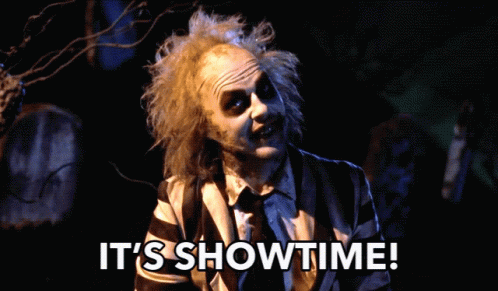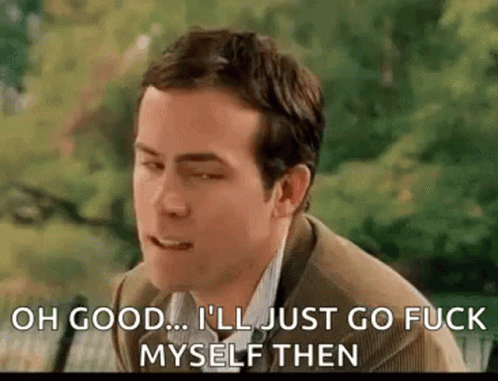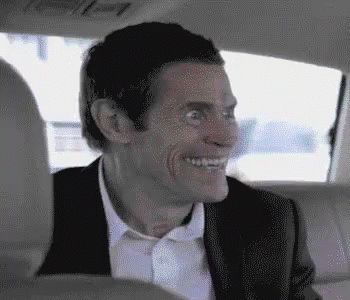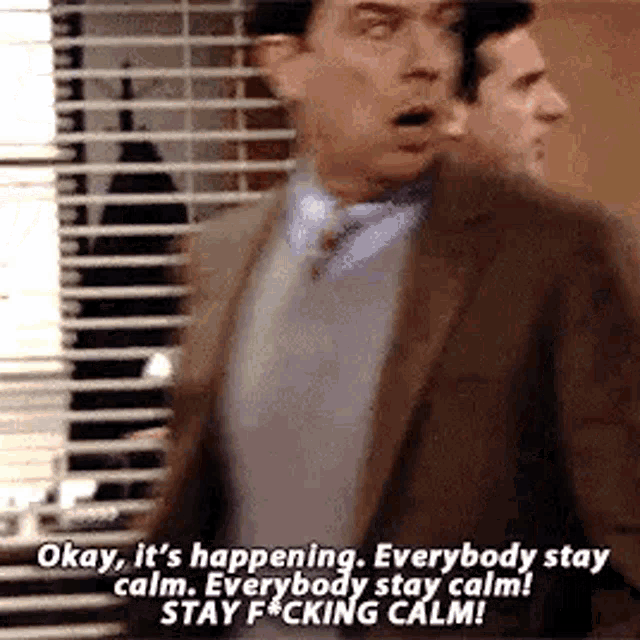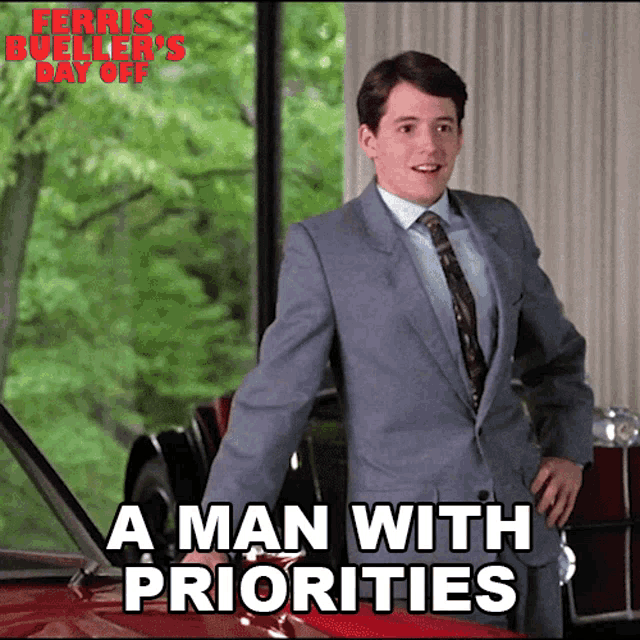Mr. Sandman, Bring Me An Ambien
For most of my adult life, I was constantly tired. Even when I thought I was getting enough sleep at night, I would be exhausted the following day. I recently realized that many people, especially women, have come to accept this as normal. However, it most certainly is not the standard we need to live by and there are tangible ways to combat this terrible energy suck.
Last week, I discussed the potential life-threatening side effects of sleep deprivation and why sleep is so important for your personal well-being. This week, I will jump into what causes common sleep disturbances and some tips to get you dreaming of sugar-plum fairies or getting stranded on a deserted island with Thor and his giant hammer…or whatever it is you sickos dream about.
Sleep-Shattering Substances
The most obvious, yet detrimental, reason people have trouble falling and staying asleep is due to the substances we consume on a daily basis. Caffeine, alcohol and sugar are the worst ingredients you can ingest if you want to improve your sleep since they all interfere with your body’s circadian rhythm. Your circadian rhythm is basically your body’s internal clock. It follows a 24-hour cycle that processes your mental, physical and behavioral changes throughout the day.
Unless you were dropped on your head as a baby, it should come as no surprise that caffeine is a major sleep disruptor. The half-life of caffeine is between 4-6 hours, so it makes sense that if you consume it too close to bedtime, your circadian rhythm will be all fucked up.
Alcohol is also considered the antichrist when it comes to sleep. While alcohol might help you fall asleep initially, it completely disrupts your REM sleep. Hence, why you look and feel like Beetlejuice after a bender.
Lastly, sugar, like everything it infiltrates, is the most insidious toxin hiding in plain sight, patiently waiting to wreck havoc on your sleep. When you consume sugar before bed, your insulin spikes and then subsequently drops while you are asleep, preventing you from transitioning into REM - the Holy Grail of sleep.
Screen Time Kills Dream Time
The effect that electronics have on your brain will get a post of its own in the upcoming weeks, but it’s SO detrimental to your sleep that I had to include it here. My nightly routine used to consist of watching an hour (or 4) of TikTok videos before bed. I realize I could have read up on quantum theory or something more educational but it’s, sadly, one of the highlights of my day. And at this point, I’m holding on to any shred of excitement I can get.
However, when I do go down this rabbit hole, time and time again, I notice my energy level and OCD increases and I’m literally unable to stop from scrolling. I tell myself I will only watch “for 10 more minutes” which often turns into two hours…or more. The creators of TikTok are evil-fucking-geniuses because they turned me into a full-blown addict in one night during the beginning stages of quarantine and I’ve haven’t looked back since.
However, studies show that using electronics before bed can screw with your sleep cycle, making your brain more alert and decreasing the production of melatonin, resulting in more difficulty falling asleep.
Disorders Not To Sleep On
Even if you are the pillar of health and turn off your phone at 6pm every night, you could still be 1 of the 70 million people blessed with a sleep disorder. Insomnia, sleep apnea and narcolepsy are the main culprits fucking up your sleepy time. Insomnia is the most common sleep disorder and typically makes it difficult to fall or stay asleep. While diet and lifestyle sometimes trigger insomnia, it can also be caused by genetics, age or anxiety- all of which are out of your control.
If you have been told that you snore like a jet plane preparing for take off or wake up in the middle of the night gasping for air, you might suffer from sleep apnea. This disorder is much more serious than snoring since it can cause you to stop breathing for 10-30 seconds at a time and up to 400 times each night. If left untreated, sleep apnea can cause diabetes, cardiomyopathy, hypertension and stroke. Also, divorce rates are on the rise due to sleep apnea…sleep divorce that is. Sleep divorce, mainly caused by snoring, is when a couple chooses to sleep in different rooms in order to ensure a good night’s sleep. In fact, dual master bedrooms are becoming increasingly more popular due to this particular reason. Personally, this sounds like a win/win to me. However, if this isn’t your dream scenario and you would rather sleep with your partner, my advice would be to get your sleep apnea handled pronto. However, if you are looking for a wait out of your marriage, keep doing you, boo.
Narcolepsy is another scary sleep disorder since it can literally hit at any time, depending on the severity of your condition. While insomnia and sleep apnea can often be improved with lifestyle changes, narcolepsy is caused by a deficiency of hypocretin, a brain chemical that regulates wakefulness. Even though narcolepsy is considered a rare disorder, it is typically a life-long illness that often requires prescription medication to treat. Narcolepsy can cause sleep attacks (falling asleep without warning), hallucinations and sleep paralysis.
Well, that’s enough negativity for this week. Now, I will share some sleep hacks to (hopefully) get you to sleep faster than watching your 15-year-old’s high school adaptation of Guys and Dolls. Side note: I’ve seen my fair share of high school plays and let me tell you, it’s like getting a shot of Rohypnol directly to the brain. Never again.
Ice, Ice Baby
Much to the dismay of my landlord (sorry, Dad), I prefer my sleep habitat to mimic that of the arctic tundra. On an ideal night, I turn my thermostat down to a crisp 62 degrees and have my fan blowing on me the entire night. I’m going for Regan’s room from The Exorcist as my goal aesthetic. Cold enough for the spawn of satan to live and thrive.
You can imagine my elation when I learned that a cold room is actually one of the best things you can do to improve your sleep hygiene. When your body temperature drops, drowsiness and sleep are triggered. Not only will keeping your room between 60-67 degrees Fahrenheit help you fall and stay asleep, it will also help reduce night sweats and hot flashes throughout the night.
A Nap A Day, Keeps The Mood Swings At Bay
Who would have thought that napping would be a controversial topic? But then again, in this current political climate, we can never be too sure of anything. There seems to be people on both sides of the aisle on this topic; however, I am a ride-or-die advocate for naps. While napping more than two hours can seriously disrupt your sleep cycle, many experts say that a 20-minute power nap or a 90-minute (full sleep cycle) nap can drastically improve concentration and day-time drowsiness throughout the day. Truthfully, one of my main goals in life is to have a job that allows me to nap once a day. Lazy? Depends on who you ask. Less of a chance to lash out irrationally? Abso-fucking-lutely.
Mindfulness Is Not Only For Meditation
If I had seen this subtitle a year ago, I would have skipped this section entirely out of pure abhorrence. However, as much as I hate to be wrong, I’ve been more open to the topic of mindfulness and have seen an enormous transformation in my sleep as a result. If I am having trouble falling asleep, I practice imagery to relax and calm my mind. Stay with me. I promise, it’s not as woo-woo as it sounds. Personally, I picture myself buried alive under cold dirt, but if that’s a bit too claustrophobic and dark for you, any calm environment will do.
There are also times I experience insomnia if I have a presentation or interview the following day. It typically starts with me having trouble falling asleep and ruminating about the upcoming event. The later it gets, the more stressed out I become since I then became anxious that I am going to be exhausted the next day. The hours keep passing on my clock as I toss and turn. Next thing I know, it’s 4am and I have to be up in 2 hours.
If you also experience this occasional insomnia, some of the best advice I ever received was to tell yourself that it’s not the end of the world if you don’t get enough sleep that particular night. Even if you’re tired the next day, you will survive and you can go to bed earlier the following night. It seems almost offensively straightforward, but it fucking works. I promise you.
Stressing about falling asleep will not make you fall asleep any faster, it will only keep you up longer. I know this might be easier said than done, but as sufferers of anxiety know, anxiety only breeds more anxiety.
When All Else Fails, Take The Damn Pill
There is no shame in taking prescription medication if needed. While I have countless other ailments, I have never experienced a sleep disorder and can’t imagine the frustration it must bring and the negative effect it has on one’s day-to-day life. Ambien, Lunesta and Sonata are some sleep aids you can take when lifestyle changes don’t seem to cut it.
However, while I enjoy the occasional sedative as much as the next person, certain sleep aids can be addictive and cause some serious side effects if taken long-term. In that case, there are some natural routes you can try instead.
Magnesium has been a game-changer for my sleep hygiene. Prior to taking this supplement, I would be up a few times throughout the night having to pee. Now, I’m convinced my doctor has included an elephant tranquilizer in my med pack because I am out for a full 8-hours every night. My FAVORITE brand of magnesium is Vital Nutrient Tri Mag because it’s also been super helpful with my digestion.
Melatonin is another great sleep aid alternative. Since melatonin is a natural hormone our body produces, there have been no short or long-term studies that have shown dependency or serious side effects from taking it. However, I recently learned that the amount I was taking could put down a miniature horse. Doctors recommend taking between .5-3 mg of melatonin ,whereas, I was taking 10mg each night. While there haven’t been any studies that show serious side effects from taking 10mg, I found it gave me a melatonin hangover, making it hard to wake up the following morning. In hindsight, I should have started at the minimum dosage (.5 mg) and increased if necessary. While I’m all about indulgence, I’d rather not feel the side effects of a hangover without experiencing the fun effects of alcohol.
I will write more posts on sleep since it’s a such an integral part of EVERYONE’S life. It seems bizarre that something that takes up 1/3 of our life, that is vital for survival, requires so much fucking maintenance. Kind of like going to the bathroom regularly, but I digress. If anyone has any sleep hacks, feel free to drop them in the comments below.


